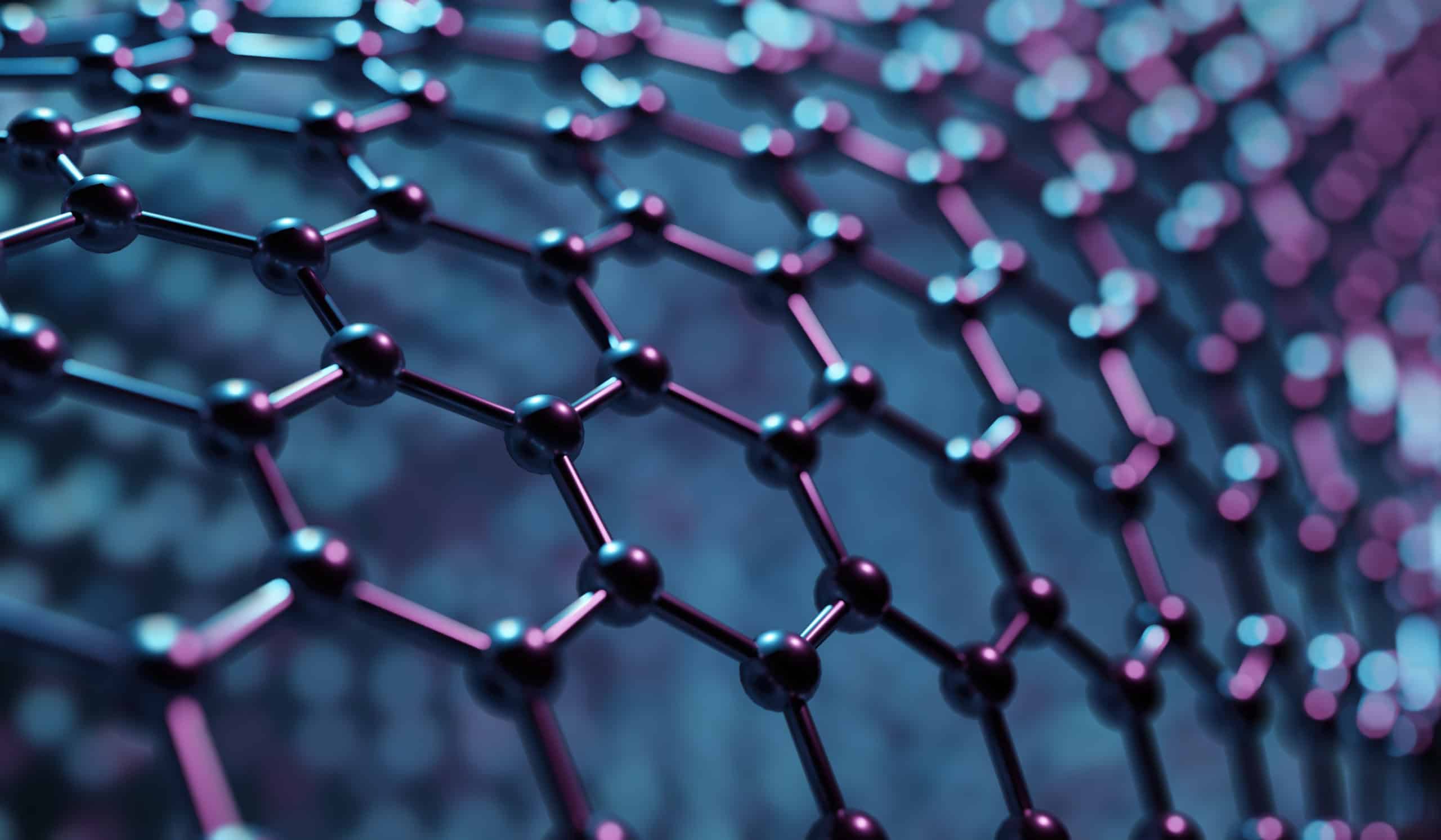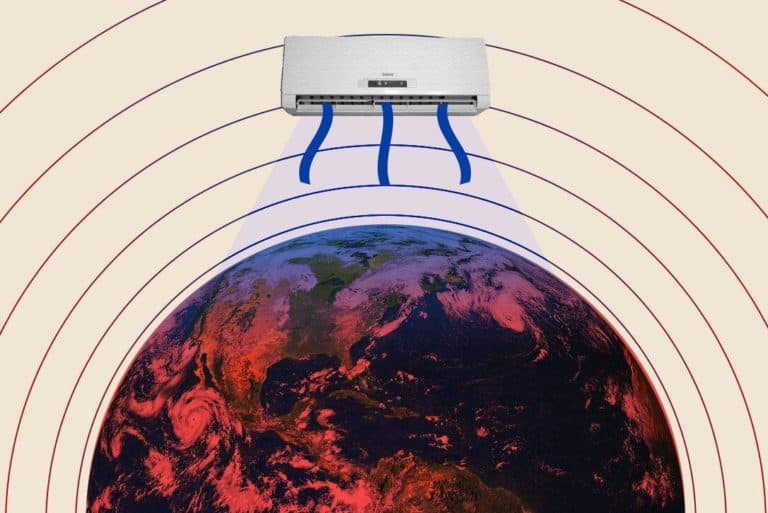Revolutionizing nanofilm production – creating a path to the world’s first net-zero cleanroom
NGen-funded collaboration between Evercloak and ESC will put Canada at the forefront of cleantech
We know Evercloak’s ultra-thin graphene membranes have big potential to transform air conditioning and dehumidification by dramatically improving their energy efficiency (and slashing global carbon emissions in the process). But to make that happen, we need to be able to produce large sheets of our nanofilms in commercial quantities.
Now, a new $4.6 m collaborative project, with support from Next Generation Manufacturing Canada (NGen), will enable us to build up to pilot-scale commercial production of our graphene-based membrane.
“Graphene-based membranes are one of the world’s thinnest and efficient membranes promising to revolutionize water purification and many other applications,” says Evelyn Allen, CEO, and co-founder of Evercloak. “Yet, the commercial potential of these membranes has not been realized due to a lack of scalable manufacturing approaches. Evercloak’s proprietary membrane manufacturing technology enables large-area production of these materials at a fraction of the cost – unlocking a range of breakthrough opportunities.”
NGen’s funding will help us scale up our membrane manufacturing. At the same time, it will allow us to collaborate with Environmental Systems Corporation (ESC) – a company based in Barrie, Ontario that specializes in creating HVAC systems for the demanding requirements of critical environments and cleanrooms.
These facilities are used in biotech, pharmaceutical, and electronics manufacturing, where maintaining the right temperature, pressure, air quality and humidity levels are crucial. However, to achieve those conditions, cleanrooms use 30–50 times more energy than a typical commercial building.
That’s where Evercloak’s graphene membranes can make a big difference. By incorporating these membranes into their HVAC systems, ESC can reduce energy use, energy intensity and achieve lower peak demand. Coupling that with renewable energy, ESC is on the path to building the world’s first net-zero cleanroom by 2030, giving manufacturing companies a huge competitive advantage.
The partnership will also allow us to test our product in one of the most demanding environments possible. “We’re really excited to be working with ESC to take our membranes to the next level,” says Allen. “This NGen project will give us the real-world experience we need to de-risk our technology and accelerate our time to market, putting us on target for commercial launch in 2023.”
The benefits don’t end there. The two-year project will create more than 40 new jobs at ESC and Evercloak. It will also create four indirect jobs for every direct-hire, providing economic benefits all the way down the supply chain and establishing a new market for Canadian graphite ore.
But the biggest winner will be advanced manufacturing. Nanofilms have applications in all kinds of sectors – from energy storage and water desalination to anti-corrosion coatings. By helping us pioneer world-leading processes for manufacturing them, this project will position Canada at the forefront of nanofilm technology.
“Evercloak’s membrane manufacturing platform will open up a world of possibilities, allowing all kinds of industries to use nanofilms in ground-breaking new ways,” says Allen.







